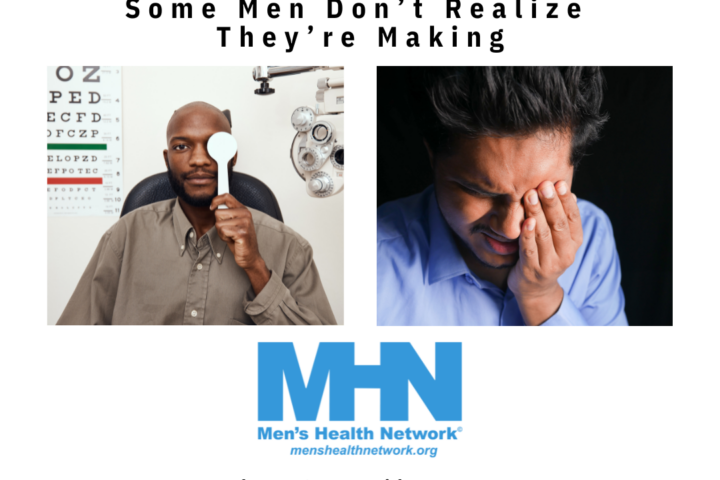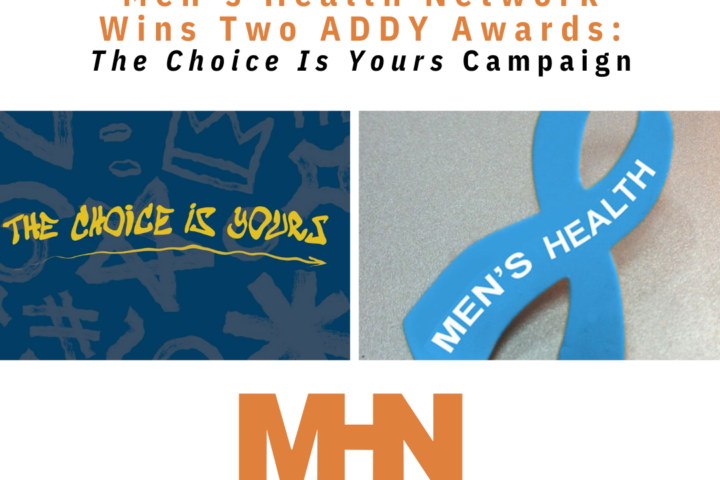Years ago, in a bold attempt to release some of my own inner turmoil, I set out to gain a better grasp on the issue of addictions. John Bradshaw’s now legendary work with addiction, family systems and the shamed “inner child” had moved me deeply and sent me scurrying to the first series of codependency workshops for therapists developed by Bradshaw and colleague, Kip Flock, Ph.D. Codependency was the word coined to describe the addictive-compulsive relationships that form between persons struggling with addictions, unconscious enabling interactions and other “controlling” or “compliant” behaviors that keep the patterns in place. Codependent relations simulate parent-child relations, reproducing the hurtful dramas of our past in order that they may hopefully find healing. Ultimately, the painful sense of disconnection or enmeshment inherent in codependency traces back to a crisis of spirit: a loss of healthy relationship with the Divine Father-Mother.
Bradshaw and Flock proposed that these unhealed relationship issues were underlying all addictions and the cause of the “spiritual bankruptcy.” Flock subsequently developed a therapeutic “recovery” system called Original Pain Work. All the works of top educators in the Recovery movement have helped develop a viable psychology for understanding -and transforming- addictions into new life possibilities.
Addictions are complex patterns involving primarily unconscious processes. They are based in “free floating” anxiety, rather than specific, conscious fears which may be addressed and relieved directly. Addictions promise a way to relieve the stress, alter the anxious mood, but only temporarily. While the addict is aware of a drive to satisfy a hunger or dissatisfaction inside, s/he attaches that drive to something outside her/ himself, something that seems to “fix” the uneasiness. Any behavior or activity can then become an addiction, with obsessive thoughts and compulsive actions – a kind of ritual to ward off trouble. An addict attaches to a person, place or thing that is believed, wrongly, to offer the cure.
Food or alcohol, work, lover relations, housecleaning, fitness workouts, smoking, TV -even religious practices may become addictions if we attribute to them a power outside ourselves to satisfy our deep insecurities. This is different from the “letting go and letting God” we learn later to embrace, as we take steps to reach inside ourselves to accept healthy change. Growth entails self discovery, especially the joy of discovering we are “enough” after all. Pursuing the addictive path never brings this realization. It cannot satisfy the addict’s true hunger for passionate and authentic engagement with life -a nourishment dependent upon trust of oneself, others, and of life itself.
The addictive man or woman doesn’t quite trust being who they are, or expressing that honestly and clearly. Their lowered self esteem is usually learned early in life, most often from primary caretakers who learned from their own. Sadly, this disempowerment is the norm in our “shame-based” culture. Distrust of deep feelings, distrust of our bodies, ancient split offs between our minds, bodies and hearts can only produce a deep sense of disconnection, ultimately a disconnection from Source. The experience of disconnection is the root of all anxiety, and therefore of addiction.
As we’ve seen, our addictive relationship patterns attempt to fix or control connection anxiety. We express them in two basic ways: either we’re stuck in pleasing and compliant behaviors, or in being on the take. Pleasers (pursuers) try to close a gap and avoid feeling/being abandoned or rejected, while those they’re trying hard to please (distancers) work to keep enough ‘space’ around them to avoid feeling/being attacked, smothered or ‘devoured. ‘
Our psychology for understanding addictions reveals that underlying our acts is our basic human need to give and receive love, and to be respected and cherished for who we really are. We want to know that we are valuable just as our Maker designed us. Not feeling essential worthiness, we become insecure, no longer believing it safe to express our true selves. It’s easy to see how the lack of trust creates a deep hunger that, bottom line, all addictions are trying to fix.
The solutions lie in education, and then in commitment to living fully and honestly. It requires faith, and a support system to stabilize that trusting approach to life. The list of pains that an addictive lifestyle can host are lengthy, including self loathing, rage, loneliness and depression, paranoia, burn out, perpetual space out and feelings of isolated despair. With sobered intention to succeed, to be well, we can turn this hopelessness into renewal, into celebration. We can get the help we need, and discover the peace of contributing our unique gifts and talents. Best of all, we find the freedom to BE the gift we came here to be. [Originally published in Steps For Recovery, Los Angeles, Jan. ’04.]



